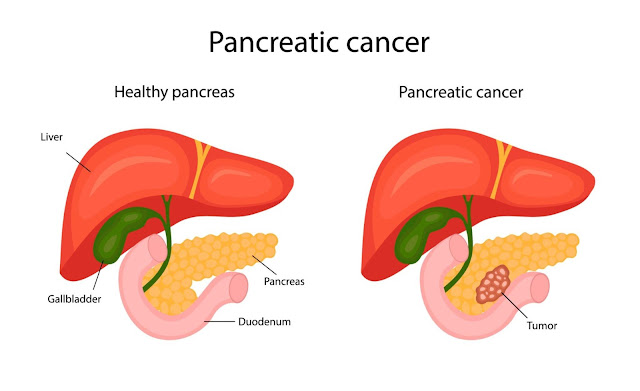Signs and Symptoms of Stomach Cancer You Should Never Ignore
Stomach cancer is often called a silent disease because its warning signs can be subtle or mistaken for routine digestive issues. Early detection makes a significant difference in outcome, making it essential to recognize symptoms and seek prompt medical advice. For those diagnosed, modern advancements in stomach cancer treatment—including surgery and CyberKnife radiosurgery—offer hope for effective care.
In this blog, learn about stomach cancer warning signs and latest treatment options:
Key Signs and Symptoms of Stomach Cancer
Stomach cancer can manifest a range of symptoms, often persisting or worsening over time:
- Indigestion or persistent heartburn that doesn't resolve
- Unexplained weight loss
- Difficulty swallowing (dysphagia) or food sticking in throat/chest
- Tummy (abdominal) pain or vague discomfort above the navel
- Feeling full after eating small amounts
- Loss of appetite
- Nausea or vomiting, sometimes with blood
- Fatigue or tiredness due to anemia
- Black or dark colored stools, often from gastrointestinal bleeding
- Swelling in the abdomen or lumps if cancer spreads
- Jaundice (yellow skin/eyes) if liver affected
When is Stomach Cancer Treatment Needed?
Stomach cancer treatment becomes essential once cancer is detected via imaging, endoscopy, or biopsy. Early-stage cancers respond best to surgery and have higher success rates. For advanced cancers, a multidisciplinary approach is needed, including chemotherapy, targeted therapy, or radiation.
Stomach Cancer Treatment Surgery: What to Expect
The cornerstone of stomach cancer therapy is surgery, especially for localized disease:
- Endoscopic Resection: Removal of early cancers limited to stomach lining using a flexible tube.
- Partial Gastrectomy: Removal of part of the stomach. Remaining stomach is reconnected to the intestine for digestion.
- Total Gastrectomy: Entire stomach is removed if cancer is widespread. The esophagus attaches directly to the small intestine.
- Lymph Node Removal: Critical for accurate staging and reducing recurrence.
Post-surgery, patients often receive chemotherapy and targeted therapy to reduce relapse risk.
CyberKnife Surgery for Stomach Cancer: Precision Without Traditional Surgery
CyberKnife surgery for stomach cancer is a non-invasive, revolutionary technique that delivers powerful, targeted radiation beams directly to cancerous tissue using robotic precision:
- No incisions or hospitalization needed; completion in 1–5 sessions.
- Real-time tumor tracking accounts for breathing and movement, safeguarding healthy tissue.
- High-dose therapy with minimal side effects and short recovery periods.
- Ideal for inoperable tumors, complex cases, or those refusing surgery.
- Often combined with chemotherapy and other modalities for robust outcomes.
Clinical studies confirm excellent tumor control and safe outcomes, making CyberKnife a growing choice in Indian cancer care centers.
Why Choose Valentis Cancer Hospital?
Valentis Cancer Hospital stands out for its:
Comprehensive care: Experts in surgery, chemotherapy, CyberKnife radiosurgery, and multidisciplinary oncology.
State-of-the-art CyberKnife S7 system: Delivers safe, non-invasive treatment for stomach cancer and other GI tumors, minimizing complications.
Personalized medicine approach: Plans tailored to tumor type, stage, and patient goals—maximizing benefit, reducing side effects.
Efficient diagnostics: Advanced imaging, PET-CT, and molecular tests ensure accurate staging and best treatment pathways.
Patient-first philosophy: Emotional support, nutritional guidance, financial counseling, and seamless recovery protocols.
Conclusion: Recognize, Act, and Recover
Stomach cancer is treatable—especially with early action. Recognizing symptoms, accessing surgery or CyberKnife treatment, and choosing India’s best hospitals like Valentis ensure the best chances for recovery and long-term wellness.





Comments
Post a Comment